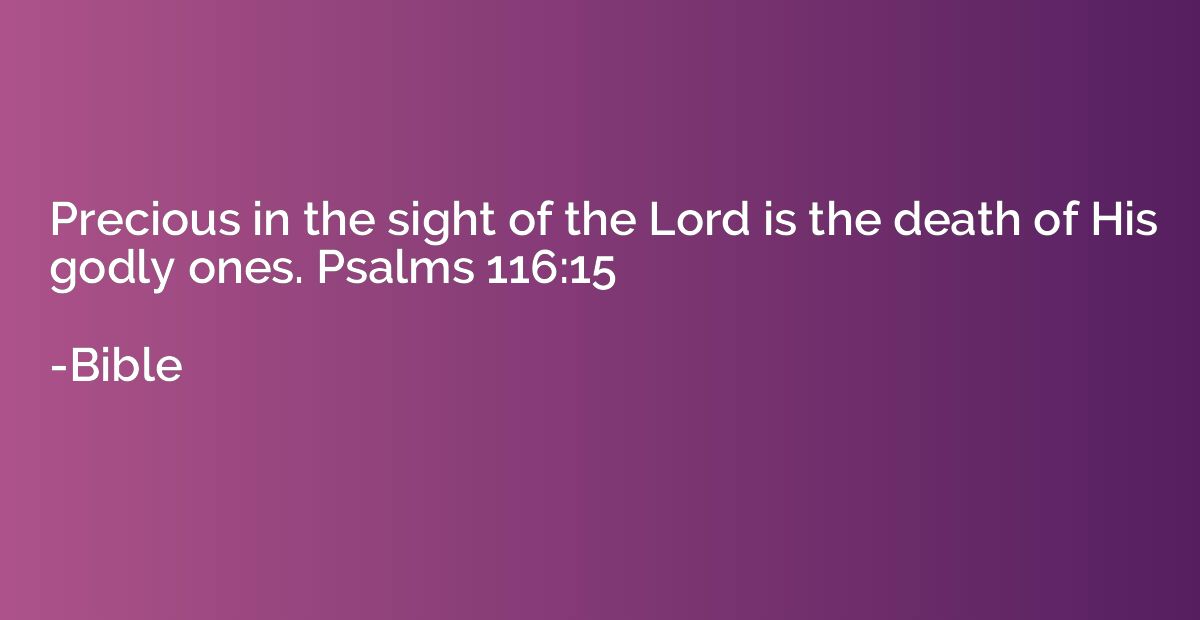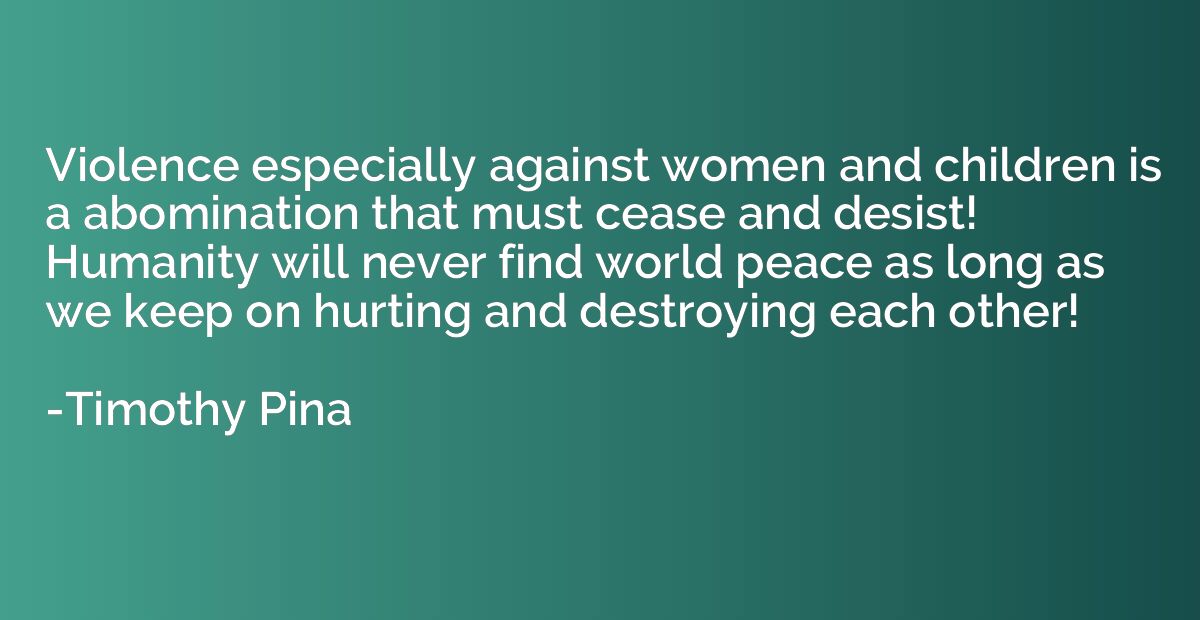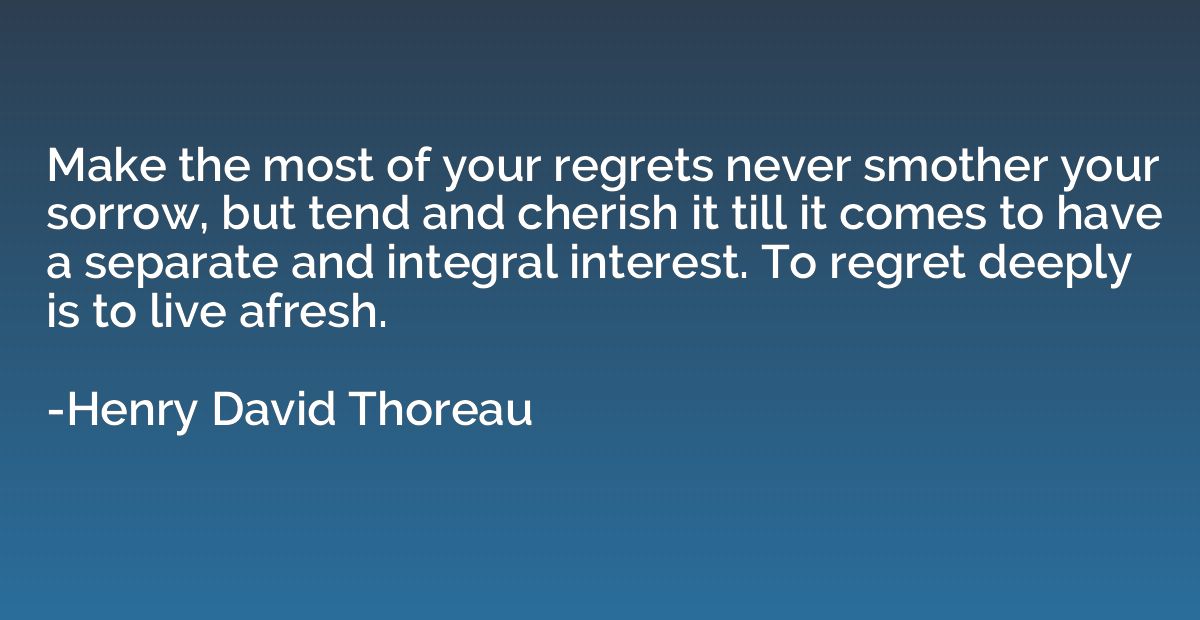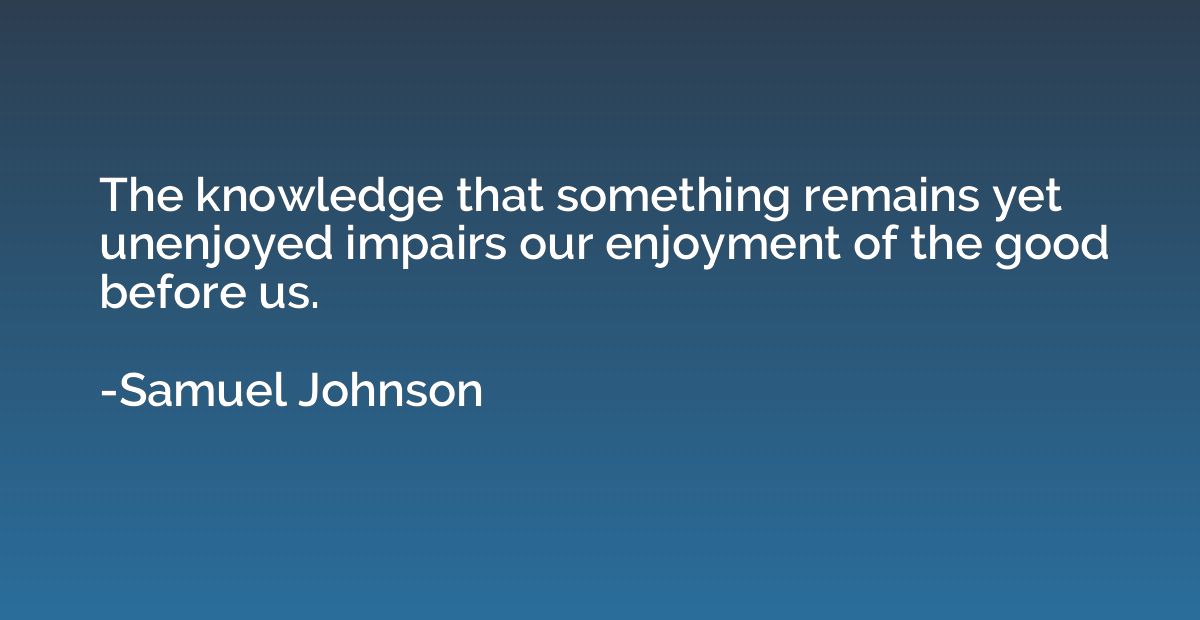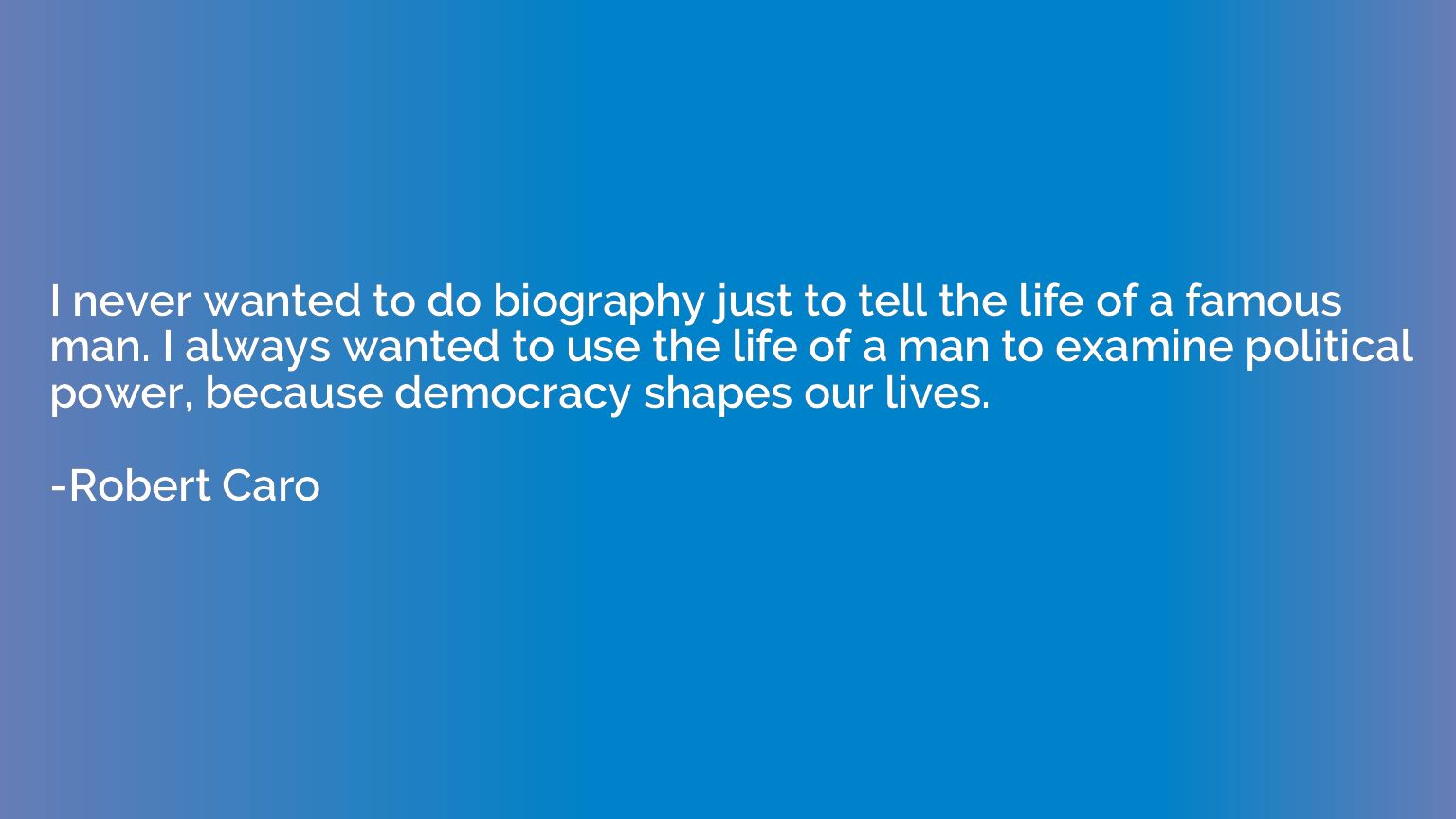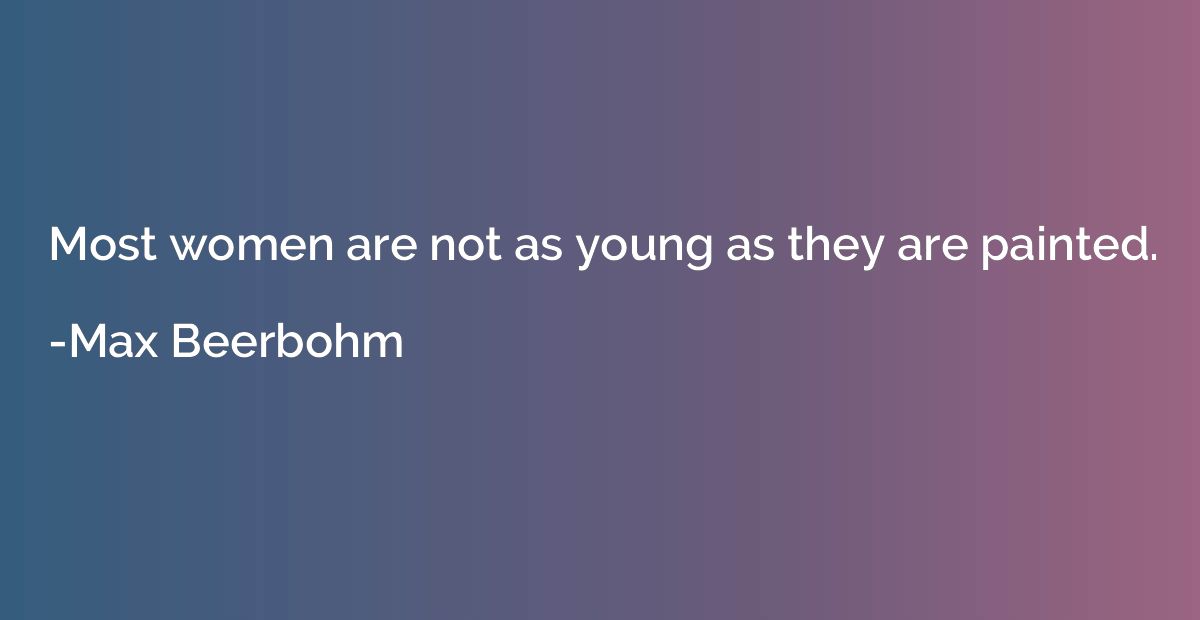Quote by Giles St. Aubyn, biography of Ki
It is melancholy to reflect that Mankind has suffered more from ill-judged philanthropy than from calculated malice. The road to Hell is no less harrowing for being paved with good intentions.
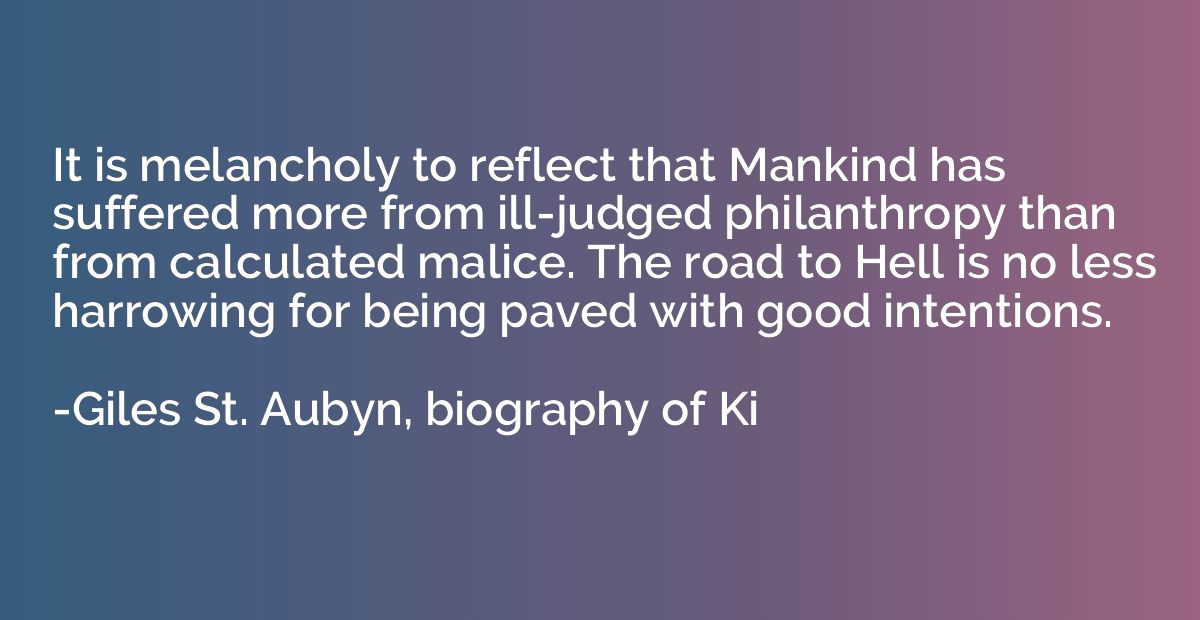
Summary
This quote suggests that humanity has suffered more from well-meaning but misguided acts of charity or philanthropy than from intentional acts of harm or evil. It highlights the negative consequences that can arise when individuals or institutions attempt to help others without proper understanding or consideration of the actual needs and effects of their actions. It warns that the path to unintended harm and undesirable outcomes can still be heartbreaking, even if the initial intentions were good.



